Building Tomorrow’s Church Today: Navigating Generational Shifts and Embracing Future Leaders(Part 1) – Fidelis Mensah

In a rapidly changing world, the church faces the challenge of bridging the gap between generations while staying true to its timeless mission. As the landscape of society evolves, so too must the church adapt to effectively reach and disciple each generation. This article explores the importance of mentorship in building tomorrow’s church today, drawing insights from biblical principles and historical examples.
Luke 1:50-55:
50 His mercy extends to those who fear him, from generation to generation. 51 He has performed mighty deeds with his arm; he has scattered those who are proud in their inmost thoughts. 52 He has brought down rulers from their thrones but has lifted up the humble. 53 He has filled the hungry with good things but has sent the rich away empty. 54 He has helped his servant Israel, remembering to be merciful 55 to Abraham and his descendants forever, just as he promised our ancestors.”
Understanding Generational Interdependence:
The biblical principle of generational interdependence is rooted in passages like Luke 1:50, which emphasizes God’s mercy extending from generation to generation. This highlights the profound connection between different generations within the church. The health, faith, and spiritual vitality of the next generation are intricately linked to the actions and beliefs of the current generation.
Generational interdependence cannot be denied.
In other words;
- The health of the next generation depends upon the holiness of the now generation
- The faith of the next generation relies upon the fight of the now generation.
- What the now generation conquers will determine what the next generation will possess.
- What the now generation sows will determine what the next generation will reap.
- The now generation’s courage will become the next generation’s conviction.
Generational interdependence is a fundamental principle underscored here. Put simply, the spiritual well-being of future generations hinges upon the faithfulness and holiness of the present generation. The legacy we leave, the battles we fight, and the victories we achieve today will significantly impact what the next generation inherits and experiences.
Judges 2:10
After that whole generation had been gathered to their ancestors, another generation grew up who knew neither the Lord nor what he had done for Israel.”
In the annals of biblical history, transitions between generations often serve as pivotal moments, marking shifts in faith, leadership, and societal values. One such transition is captured in Judges 2:10, where it is recounted how a generation arose that did not know the Lord or the mighty deeds He had done for Israel. This verse serves as a sobering reminder of the importance of intentional mentorship and passing down the faith to future generations.
Throughout the Bible, we see examples of intentional mentorship and leadership succession. One notable example is the relationship between Moses and Joshua. Moses, the esteemed leader of Israel, recognized the importance of preparing the next generation for leadership. He took Joshua under his wing, mentoring him and preparing him for the daunting task of leading the Israelites into the Promised Land.
Moses’ intentionality in training Joshua is evident in several instances. In Exodus 17:8-13, we see Joshua leading the Israelites in battle against the Amalekites while Moses prayed on the mountain. This act not only demonstrated Joshua’s leadership abilities but also served as a form of hands-on training under the guidance of Moses.

Furthermore, in Numbers 27:18-23, Moses lays hands on Joshua before the entire congregation, symbolizing the transfer of authority and leadership responsibility. This act of commissioning solidified Joshua’s position as the next leader of Israel and emphasized the importance of intentional succession planning.
As Joshua assumed leadership, he carried forward the mantle of mentorship and spiritual leadership. In Joshua 24:14-15, he challenges the Israelites to choose whom they will serve—whether the gods of their ancestors or the Lord. This charge highlights the significance of passing down faith and allegiance to future generations.
However, despite Joshua’s efforts, the book of Judges paints a grim picture of spiritual decline and forgetfulness. Judges 2:10 recounts how a new generation arose that did not know the Lord or His mighty works. This passage serves as a poignant reminder of the consequences of failing to pass down faith and knowledge to successive generations.
The lessons from Joshua and Judges are clear: intentional mentorship and spiritual leadership are crucial for ensuring the continuity of faith and values from one generation to the next. As stewards of the faith, it is incumbent upon us to invest in the spiritual growth and development of the next generation, equipping them to carry the torch of faith into the future.
Judges 2:10 serves as a stark warning against spiritual complacency and underscores the importance of intentional mentorship and leadership succession in preserving the faith for future generations, in order to avoid the generational gap syndrome.
The Intentional Mentorship of Jesus in building the next generation: Building Disciples to Transform the World
Central to Jesus’ mission was the intentional mentorship and training of his disciples, a process that transformed ordinary men into extraordinary people to take over the mission of reconciliation and restoring humanity.
From the outset of his ministry, Jesus displayed a remarkable ability to identify potential in unlikely places. He called fishermen, tax collectors, and societal outcasts to be his disciples, demonstrating a radical departure from conventional leadership norms. In Matthew 4:18-22, we see Jesus calling Peter and Andrew, ordinary fishermen, to follow him and become fishers of men. This act of intentional recruitment set the stage for the transformative journey that lay ahead.
Throughout his time with his disciples, Jesus modeled a life of humility, servanthood, and sacrificial love. He invested deeply in their spiritual and character development, teaching them through parables, miracles, and personal interactions. In Matthew 5-7, commonly known as the Sermon on the Mount, Jesus imparted profound teachings on kingdom values, ethics, and discipleship, laying the foundation for his followers’ future ministry.
One of the most striking aspects of Jesus’ mentorship was his ability to empower his disciples to do greater works than he himself had done. In John 14:12, Jesus declares, “Truly, truly, I say to you, whoever believes in me will also do the works that I do; and greater works than these will he do because I am going to the Father.” This remarkable statement underscores Jesus’ belief in the potential of his disciples and his intentionality in equipping them for future leadership.
As Jesus approached the culmination of his earthly ministry, he intensified his focus on preparing his disciples for the task ahead. In Matthew 28:18-20, commonly known as the Great Commission, Jesus commissions his disciples to go and make disciples of all nations, baptizing them in the name of the Father, Son, and Holy Spirit. This charge, interestingly was not just announced to the entire followers, but actually to his disciples in Mathew 28:16, having called them aside to speak to them deliberately on this matter.
The depth of Jesus’ approach to build the next generation of leaders to take over is perhaps most poignantly illustrated in the events leading up to his crucifixion. In the Garden of Gethsemane, Jesus agonizes over the impending ordeal, yet he remains focused on his disciples’ welfare. In Matthew 26:36-46, Jesus prays fervently for his disciples, demonstrating his unwavering commitment to their well-being even in the face of his own impending death.
Ultimately, Jesus’ mentorship of his disciples exemplifies the transformative power of intentional discipleship. Through his investment in their lives, Jesus equipped ordinary men to become extraordinary leaders who would ultimately turn the world upside down with the message of the gospel. As followers of Christ today, we are called to emulate Jesus’ example of intentional mentorship, investing in the lives of others and empowering them to fulfill their God-given potential.
Historical Examples of Mentorship:
The impact of mentorship in shaping the trajectory of individuals and movements within the church is evident throughout history. One such example is the relationship between Edward Kimball and D.L. Moody. Kimball’s mentorship of Moody played a pivotal role in Moody’s transformation and subsequent influential ministry. This illustrates the ripple effect of mentorship and the profound influence one generation can have on the next.
Similarly, the mentorship of D.L. Moody on individuals like Billy Graham highlights the generational hierarchy of mentorship and its lasting impact on the church. Graham, inspired by Moody’s example, went on to become one of the most prominent evangelists of the 20th century, influencing countless lives and shaping the trajectory of modern Christianity, all because Edward Kimball never deserted mentorship.
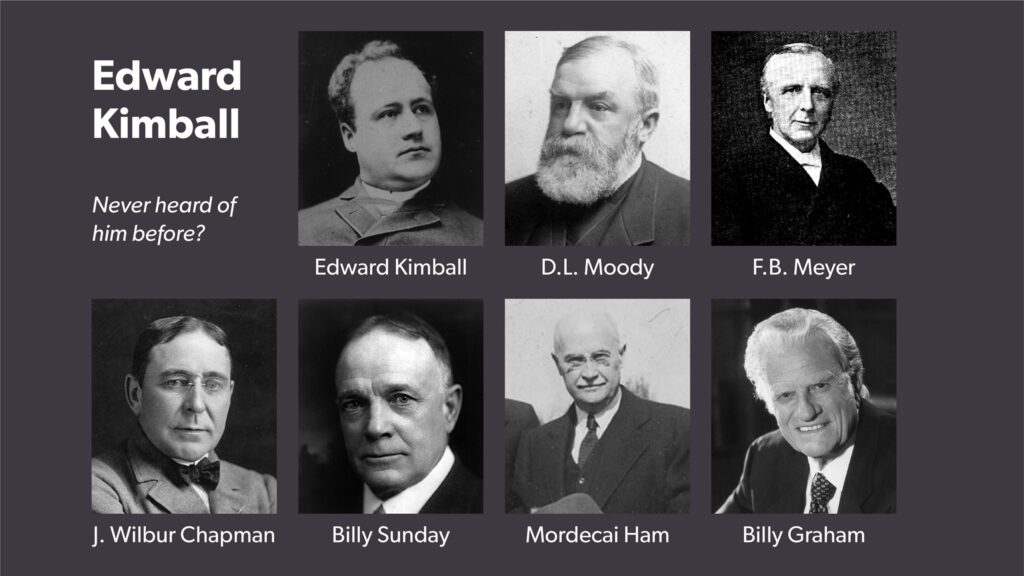
The responsibility to bridge the gap between generations while staying true to the timeless mission of the church is paramount. In a rapidly changing world, the church must adapt to effectively reach and disciple each generation. This requires intentional mentorship, grounded in biblical principles and exemplified by historical examples. Today, Christian leaders and fathers have a similar responsibility to invest in the next generation, equipping them to carry the torch of faith into the future. By following the example of Jesus and other biblical leaders, we can ensure that the gospel continues to be proclaimed and lived out in every generation.
As stewards of the faith, let us embrace the call to build tomorrow’s church today, knowing that our investment in the next generation will have a lasting impact on the church and the world. Through intentional mentorship & discispleship, we can build tomorrow’s church today, empowering future leaders to boldly proclaim the gospel and advance the kingdom of God.
Addressing the Youth: A Demographic Shift in the Church of Pentecost
In the State of the Church Address delivered in May 2023 by Apostle Eric Nyamekye, for the demographics as at December 2022, it revealed a significant demographic shift within its membership. The data presented highlighted a remarkable trend: a substantial proportion of church members are now below the age of 35. Further analysis revealed that when the age threshold is lowered to below 40, an overwhelming 85% of the entire membership consists of youth. This is was cited by Apostle Alexander Nana Yaw Kumi Larbi, the immediate past General Secretary of the church of Pentecost. This demographic reality signals a profound shift in the composition of the church body and calls for careful consideration and strategic action to effectively engage and empower this emerging generation.
The statistics presented in the State of the Church Address paint a clear picture of the changing face of the Church of Pentecost. With 75.2% of members below age 35 and a staggering 85% below age 40, it is evident that the youth constitute the majority of the church’s membership. This demographic shift is significant not only in terms of sheer numbers but also in terms of the positive implications it carries for the future direction and vitality of the church.
As the youth become the predominant demographic within the Church of Pentecost, there arises a pressing need to reevaluate existing strategies and paradigms to ensure that the church remains relevant and impactful in the lives of its members. Traditional models of ministry and leadership is very key may need to be adapted to better resonate with the values, priorities, and aspirations of this younger generation. Additionally, there is a need for intentional efforts to bridge the generational gap within the church, fostering meaningful connections and collaboration between older and younger members.
Recognizing the unique gifts, talents, and perspectives that both the fathers & youth bring to the table, the Church of Pentecost is bent on prioritizing these engagement and empowerment across all aspects of church life. This includes providing opportunities for youth leadership development, fostering a culture of mentorship and discipleship, and creating spaces for meaningful participation and contribution within the church community.
In the next article, we will delve into the challenges and opportunities presented by the rise of Millennials, Gen Z, and Gen Alpha in religious engagement. We will explore the unique characteristics and experiences of each generation and discuss strategies for effectively engaging and nurturing spiritual growth among them. Additionally, we will examine the importance of embracing bivocational ministry as a strategic approach to pastoral leadership and discuss the integration of theological education and practical ministry training within the local church. Through these discussions, we aim to provide insights and guidance for churches seeking to build a vibrant and resilient church for generations to come.

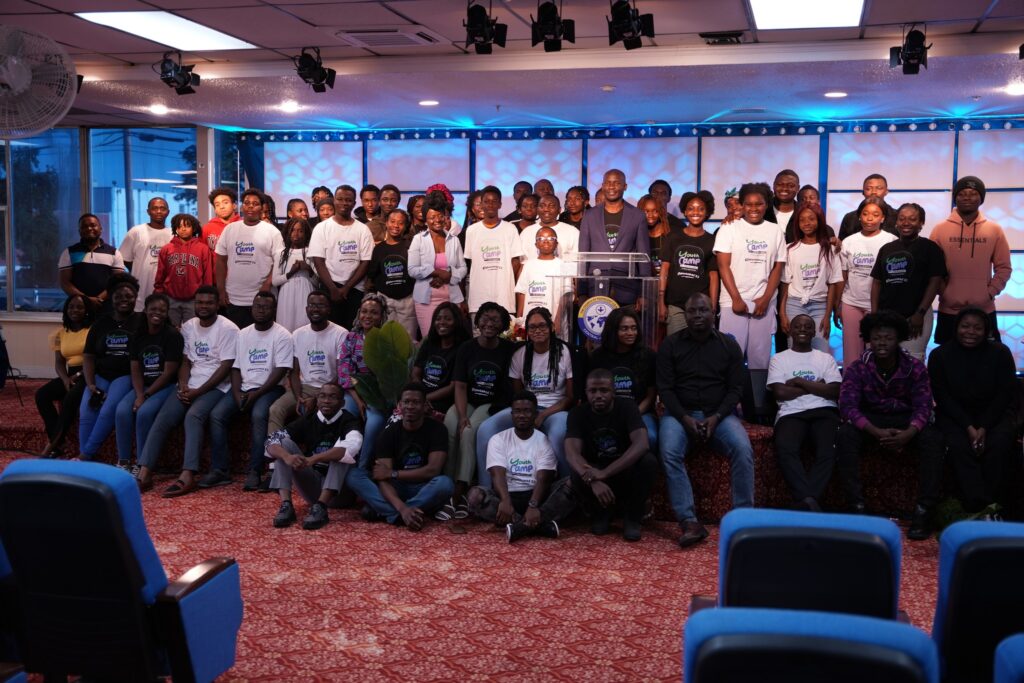
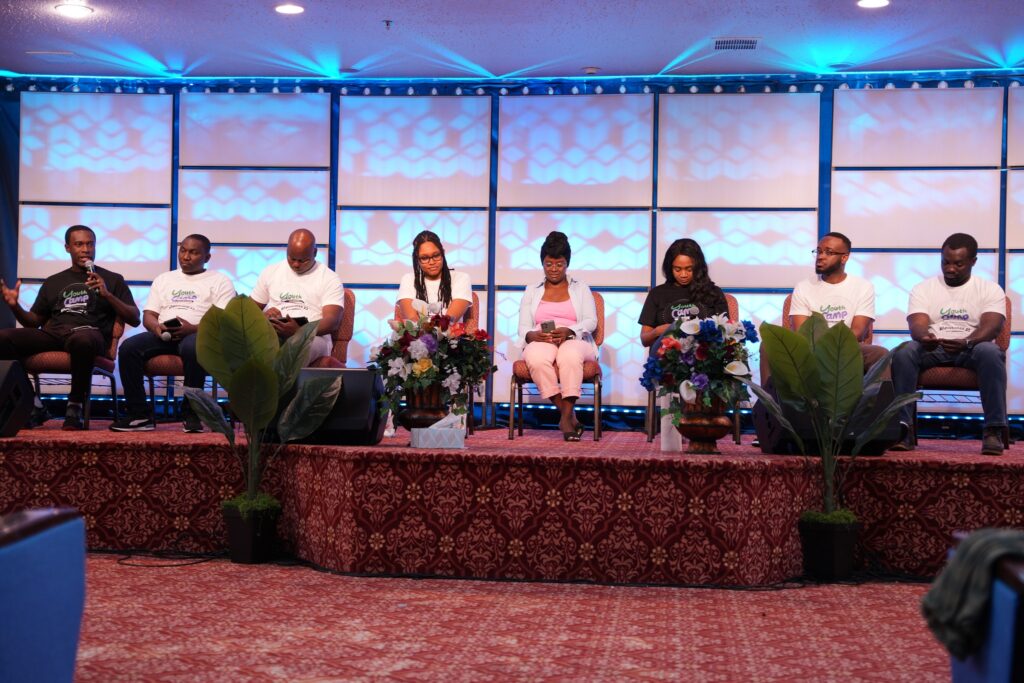

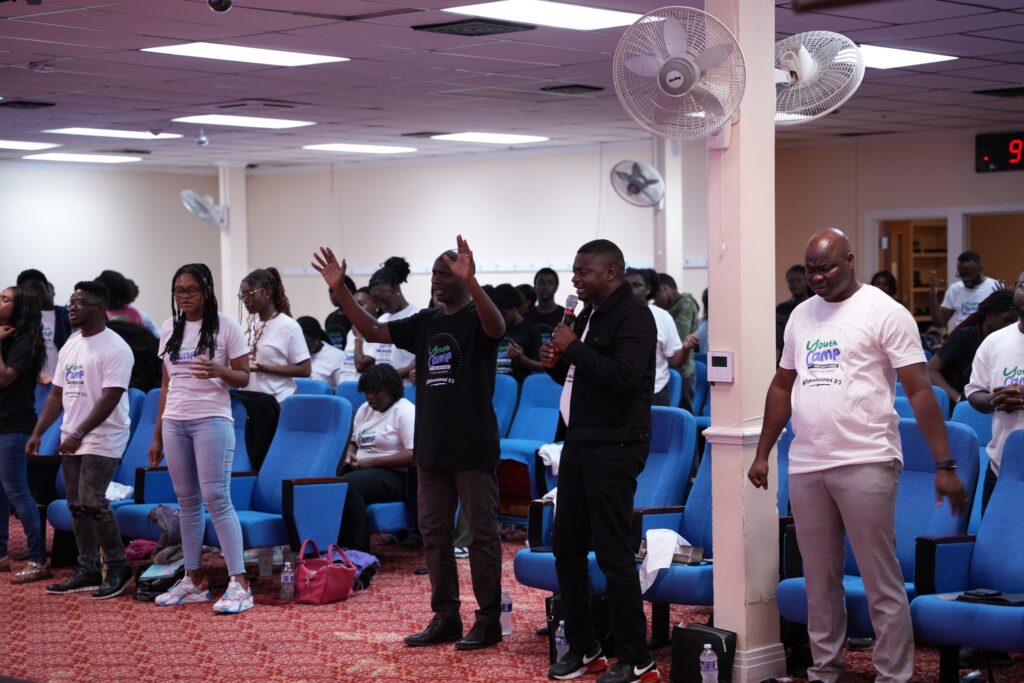



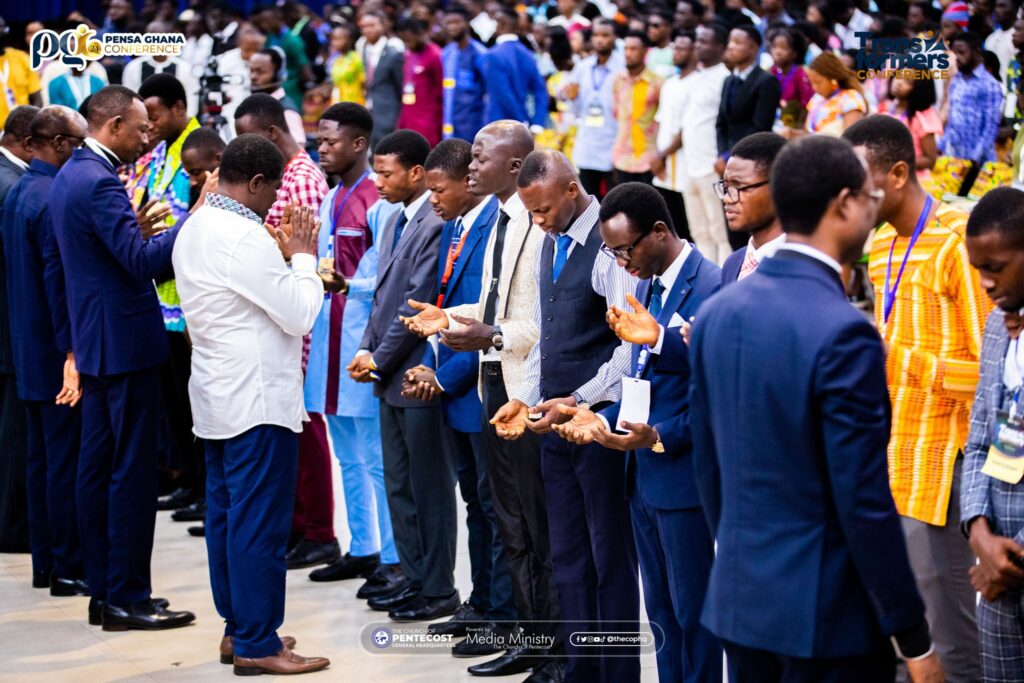
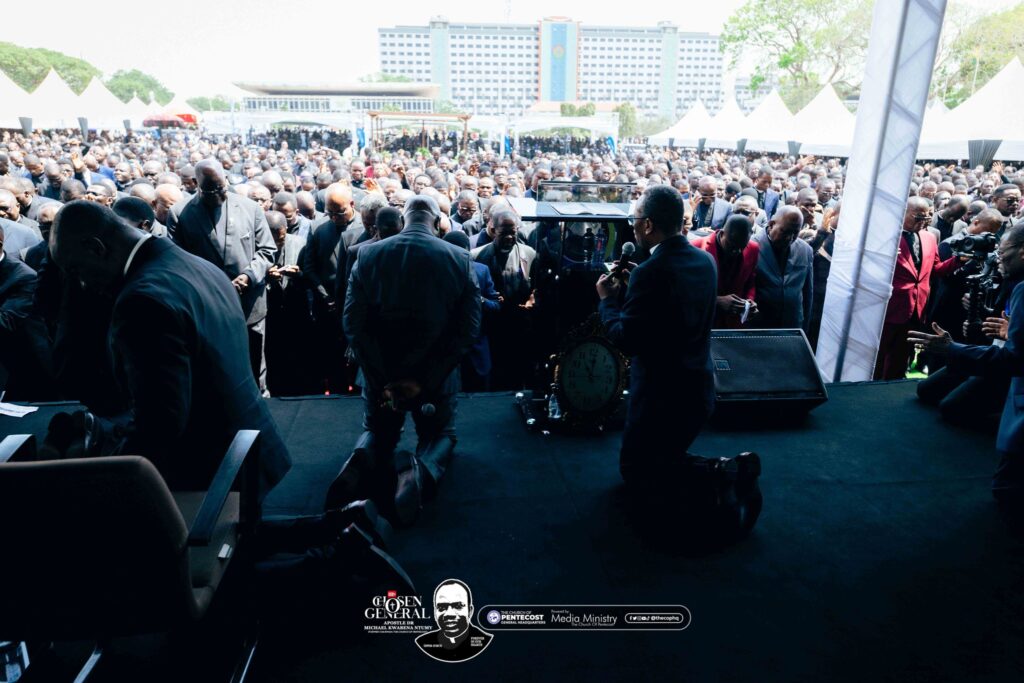

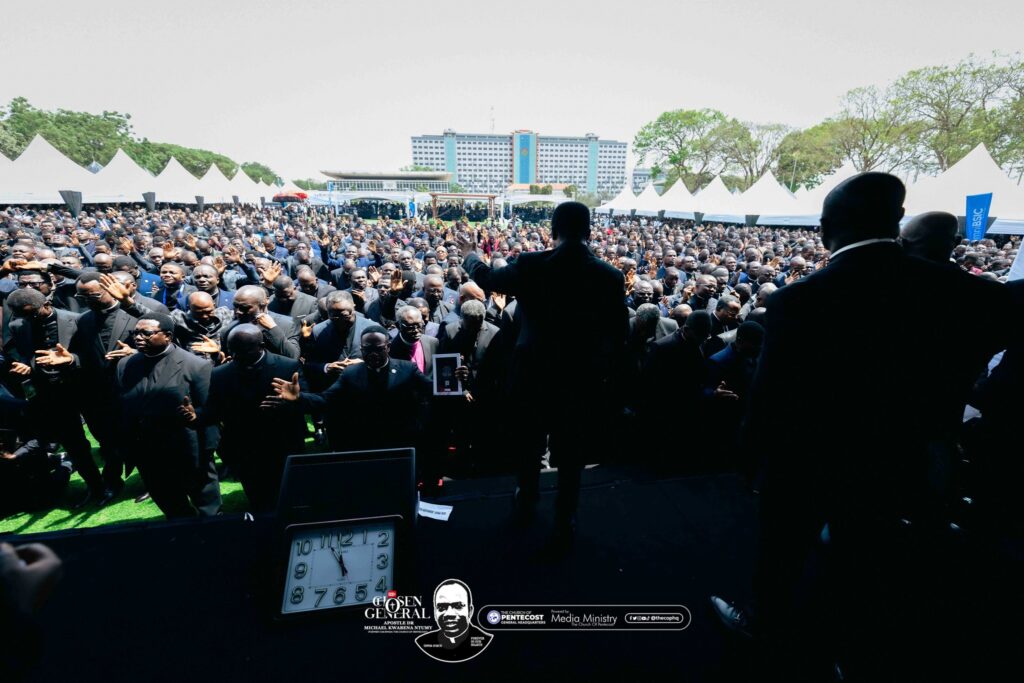
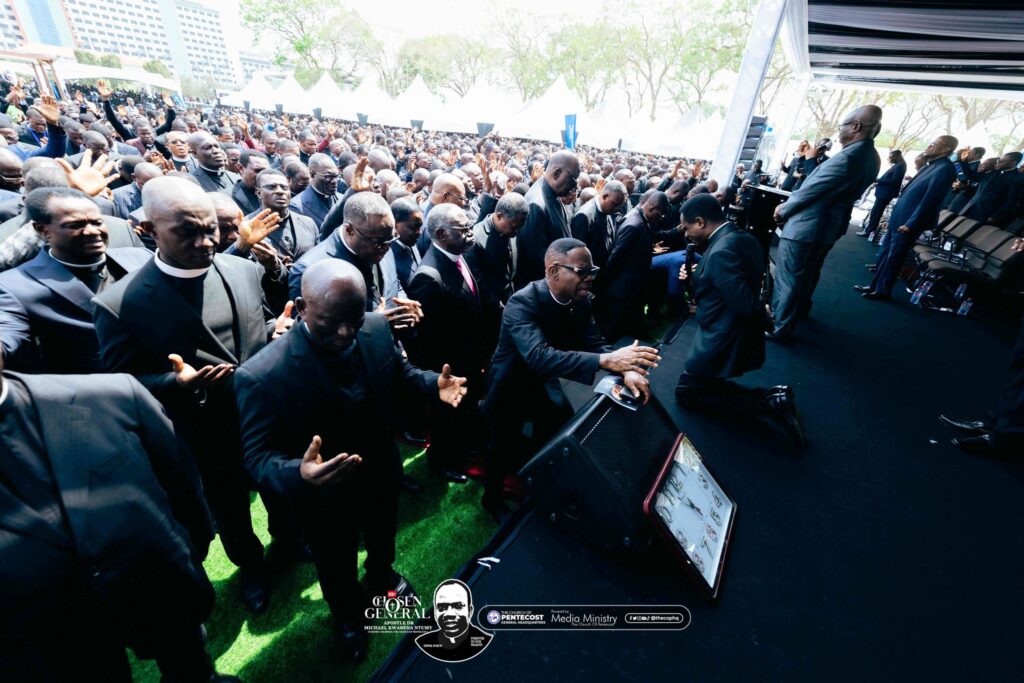

Comments
God bless you for a thorough biblical exegesis and exposition. The topic discussed is very needful for our generation and the church as whole especially in our quest to transform our world.My question is about intentional mentorship and discipleship you talk about . How well is the local church pursuing this agenda ? Much as I appreciate effort made by the church , I am of the opinion that much more can be done . Leadership should not only be seen mentoring when the mentee is in it’s spiritual prime but more so in his moment of spiritual wilderness. Once again God bless you for this thoughtful biblical wisdom . Shalom !!!
Very impactful, deep understanding. God bless you abundantly and continue the good you are doing. I wouldn’t be surprised if you become a great leader of the church of Pentecost one day. Bless you son of God